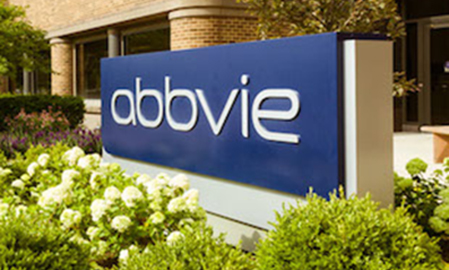Financial concerns drove Salix away from Cosmo Pharmaceuticals, and now AbbVie says it is thinking about changing, or even walking away from, its offer to buy Dublin’s Shire Pharmaceuticals.
Jefferies analyst Jeffery Holford said in a research note titled “Dark Side of the Moon,” that AbbVie’s Tuesday announcement is an “unwelcome surprise” and that investor reaction has been “one of confusion and shock.”
AbbVie announced in July it was putting up $55 billion to buy Shire and make the Dublin drugmaker’s rare disease portfolio its own. The deal also meant AbbVie would dub Ireland its official home base, reducing its tax rate from 22% to 13%.
However, that was before the US Treasury issued new rules that were meant to make these relocations less desirable. Although AbbVie said as recently as September 30 that the deal was a go, the Illinois company said in its October 14 announcement that these new rules are giving it pause, although there appears to be a gap in communication as to why: Shire said in its own statement Wednesday that “AbbVie’s notice does not quantify the anticipated financial impact of the US Treasury notice on the combination.”
AbbVie is not the only drugmaker that is giving tax inversion deals a second look: Medtronic, for example, is reportedly looking to restructure its Covidien acquisition to better fit with the new Treasury rules.
Tensions over relocations that are made solely for relatively significant tax benefits have been rising, as companies as varied as AbbVie and Burger King have sought out new places, such as Ireland or Canada, to log revenue with low tax burdens while not really relocating the business. US Treasury Secretary Jacob Lew described these name-only relocations as deals in which citizenship changes but the company presence does not.
Voting against the acquisition would cost AbbVie a little over $1.6 billion in break-up fees.
AbbVie’s board is scheduled to meet and discuss the acquisition on October 20.







